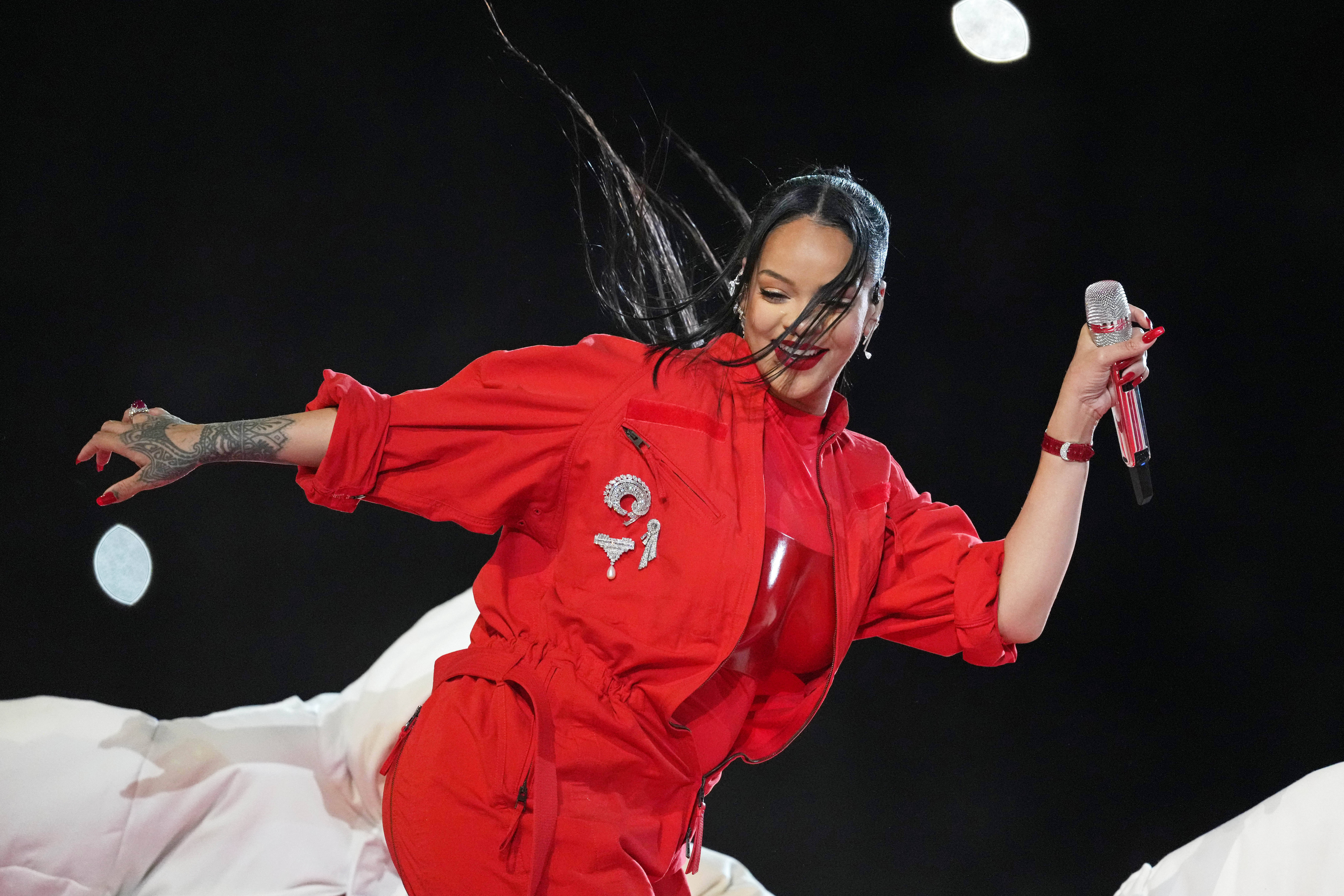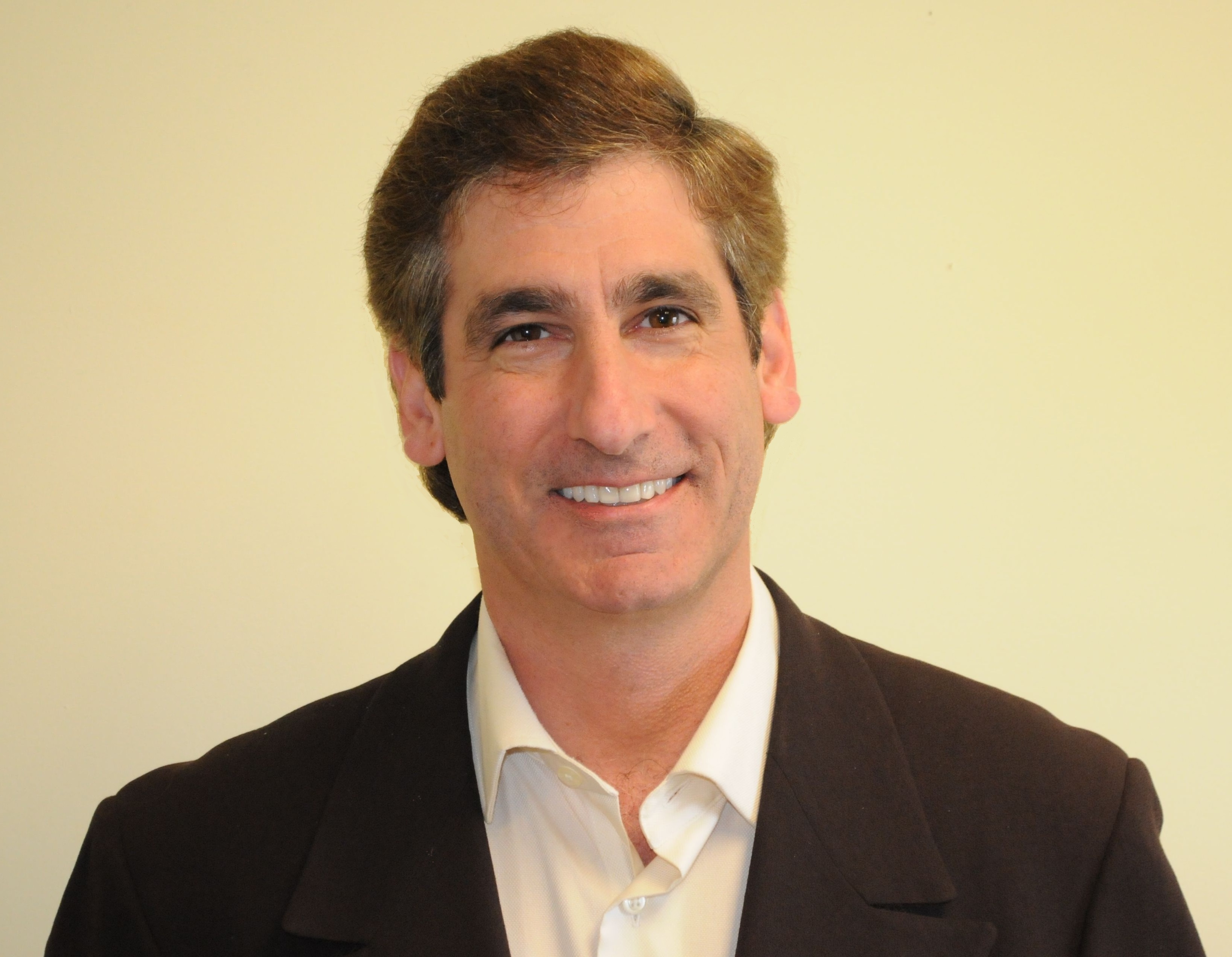In her first live performance in seven years, the star used a Sennheiser microphone in the face of a harsh RF environment
PHOENIX, US – Media OutReach – 8 March 2023 – Rihanna delivered the second-most watched halftime show in Super Bowl history on Sunday, exceeding the average viewership of the Philadelphia Eagles and Kansas City Chiefs football match by 5 million, according to data from Fox. The highly anticipated performance was driven by Sennheiser’s Digital 6000 wireless microphone system and a custom chrome SKM 6000 transmitter with an MD 9235 dynamic cardioid microphone capsule. The choice to go with the Sennheiser wireless system may seem like a minor detail, but the sonic integrity of the performance hung in the balance as the State Farm Arena in the greater Phoenix area is technically one of the most challenging environments for coordinating wireless frequencies.

There were over 2000 frequencies coordinated in Phoenix over the Super Bowl weekend as dozens of simultaneous events took place in the area, including the 2023 NFL Honors Awards, various VIP events, outdoor concerts and more. With this, and the ever-shrinking spectrum available for wireless microphone operators, the audio engineers and frequency coordinators for this year’s broadcast had their work cut out for them.

“Phoenix is a challenging city because it is the only one that officially does not have a vacant UHF TV channel. They are all allocated for broadcast, so there is very little spectrum available for wireless mics,” says Joe Ciaudelli, Director of Spectrum & Innovation at Sennheiser, “to make matters more complicated, although it is an indoor stadium with a retractable roof, the State Farm Arena does not provide much shielding from outside RF signals, making it vulnerable to interference.” Ciaudelli is an industry veteran and international expert on spectrum and wireless system operations. He contributed the chapter on wireless microphones to the Audio Engineering Society (AES) Handbook and is a private sector adviser in the U.S. delegation to the International Telecommunications Union (ITU), the United Nations’ specialized agency on information and communications.

The location and circumstances made the already high-stakes Super Bowl halftime show that much more exacting for the audio professionals involved. “Thanks to their resourcefulness and diligent planning, the audio engineers and NFL frequency coordinators were able to combat the harsh RF environment this year by leveraging Special Temporary Authorizations (STA) via the FCC, along with some other workarounds,” recounts Ciaudelli. An STA gives licensed wireless microphone operators temporary access to frequency bands that are not permitted for wireless mics. The engineers also leveraged channels occupied by low power or distant TV stations and used clever placement of directional antennas to further attenuate these unwanted TV signals, before being picked up by the wireless microphone receivers. Without this planning and resourcefulness, the entire broadcast, including Rihanna’s performance, would have been at risk of audio dropouts and interference – a massive potential faux pas for her long-awaited showing.
Beyond safeguarding the wireless signal via the STA and directional antennas, the audio team had to be thoughtful with the choice of the wireless microphone system for Rihanna. Not only to ensure her vocals sounded as remarkable as the last time she performed live all those years ago, but also to combat the tough RF environment and establish a reliable wireless connection. Her MD 9235 microphone capsule offered sparkle on her vocals, while the Digital 6000 did the rest. Ciaudelli shares, “not only is the Digital 6000 with the MD 9235 capsule a great sounding microphone, but it also has such good intermodulation suppression and a clean RF signal. This is one tool that would work in an environment where all others might fail – it is a marvel of engineering from both the RF and audio standpoints. I am not surprised that it was used by the star.”
Ciaudelli continues, “this year’s Super Bowl highlights the challenges of a lack of suitable available spectrum for wireless mics that has led STAs to be a tiresome staple at almost all professional sporting events today. Even though it is called a Special Temporary Authorization, it is becoming so routinely used that they might as well start calling them Standard Temporary Authorizations.” As professional sporting events become more multifaceted and the wireless audio and video channel counts increase, the challenges of the spectrum crunch will only get more difficult to navigate.
Hashtag: #Sennheiser #SuperBowl #Digital6000 #D6000 #halftimeshow
The issuer is solely responsible for the content of this announcement.
About the Sennheiser Group
Building the future of audio and creating unique sound experiences for our customers – this is the aspiration that unites the employees of the Sennheiser Group worldwide. The independent family-owned company Sennheiser was founded in 1945. Today, it is managed in the third generation by Dr. Andreas Sennheiser and Daniel Sennheiser, and is one of the leading manufacturers in the field of professional audio technology. Within the Sennheiser Group are Georg Neumann GmbH (Berlin, Germany), manufacturer of studio-grade audio equipment; Dear Reality GmbH (Düsseldorf, Germany), known for its binaural, Ambisonics, and multichannel encoders with realistic room virtualization; and Merging Technologies SA (Puidoux, Switzerland), specialist in high-resolution digital audio recording systems.














